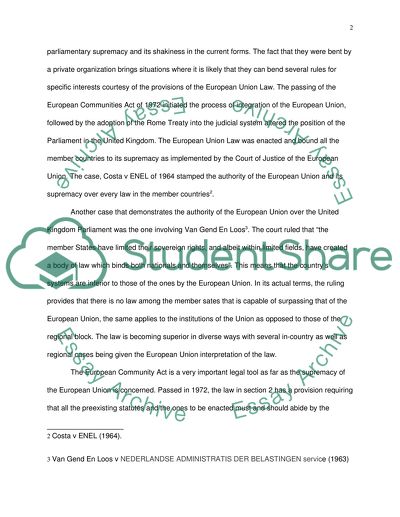Cite this document
(“By joining the European Union, the UK's doctrine of Parliamentary Essay”, n.d.)
Retrieved from https://studentshare.org/law/1498382-by-joining-the-european-union-the-ukyies-doctrine
Retrieved from https://studentshare.org/law/1498382-by-joining-the-european-union-the-ukyies-doctrine
(By Joining the European Union, the UK'S Doctrine of Parliamentary Essay)
https://studentshare.org/law/1498382-by-joining-the-european-union-the-ukyies-doctrine.
https://studentshare.org/law/1498382-by-joining-the-european-union-the-ukyies-doctrine.
“By Joining the European Union, the UK'S Doctrine of Parliamentary Essay”, n.d. https://studentshare.org/law/1498382-by-joining-the-european-union-the-ukyies-doctrine.


